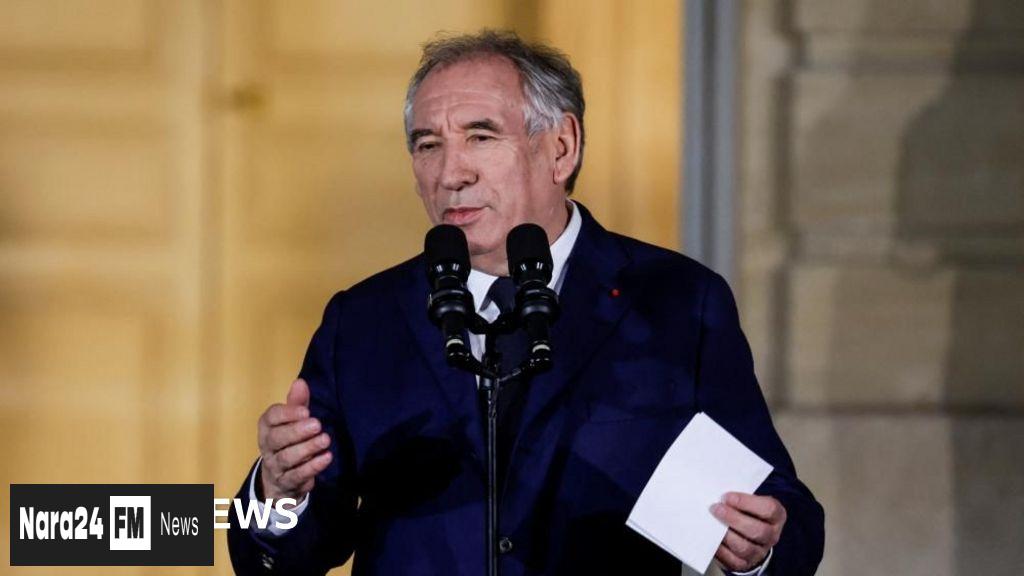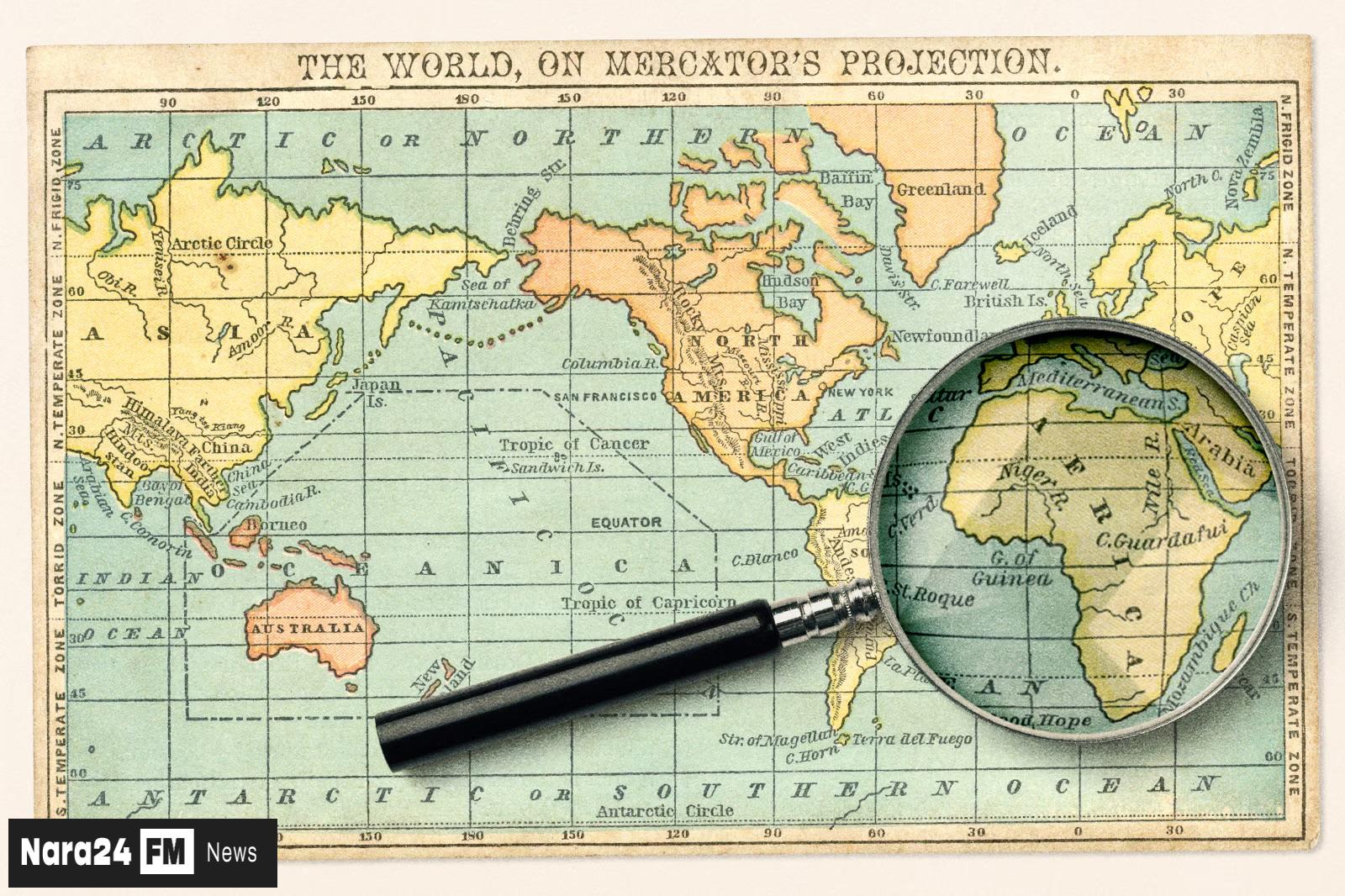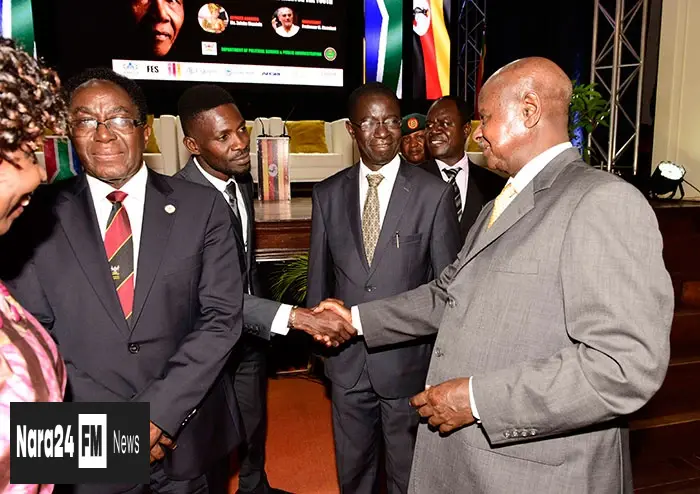In This Article
- François Bayrou Appointed as Prime Minister
- Context of Barnier's Ousting and Budget Crisis
- Political Instability and Public Reaction
- Challenges in Forming a Stable Government
- Macron's Role and Political Maneuvering
- Assessing France's Crisis and Future Outlook
François Bayrou, the centrist leader of the MoDem party, has been named France's new prime minister by President Emmanuel Macron, marking the latest effort to stabilize the nation's political landscape. At 73, the mayor from southwestern France acknowledged the daunting challenges ahead, describing the task as "Himalayan" and pledging to address every issue with transparency and diligence.
Bayrou’s appointment comes in the wake of Michel Barnier’s ousting just nine days prior. Barnier, the former Brexit negotiator, was voted out by MPs over a contentious budget plan aimed at reducing France’s deficit, which is projected to reach 6.1% of GDP this year. Bayrou emphasized that addressing the deficit and public debt is not only a financial necessity but also a moral obligation, stating, "Passing it on to one’s children is a terrible thing to do."
This marks the fourth time Macron has appointed a prime minister this year, as political deadlock persists following snap parliamentary elections called by the president. A recent BFMTV poll revealed that 61% of French voters are concerned about the ongoing political instability. While some political figures have praised Bayrou’s appointment, others, like Socialist leader Carole Delga, criticized the process as a "bad movie," and far-left France Unbowed leader Manuel Bompard called it a "pathetic spectacle."
Bayrou’s immediate challenge will be forming a government capable of withstanding opposition in the National Assembly. The far-left France Unbowed has already threatened to call for a vote of no confidence. To survive, Bayrou will need to build alliances across the political spectrum, leveraging his reputation as a consensus builder.
President Macron, who cut short a trip to Poland to finalize the appointment, remains committed to serving out his second term until 2027. However, the political climate remains volatile. Reports suggest Macron initially favored another ally, Roland Lescure, but changed course after Bayrou threatened to withdraw his party’s support.
Bayrou’s predecessor, Michel Barnier, acknowledged the gravity of the situation, stating that France is in an "unprecedented and serious" crisis. As Bayrou takes office, his ability to navigate the country’s economic and political challenges will be closely watched, with many questioning whether he can restore stability to a deeply divided nation.








Comments (0)
Leave a Comment
Be the first to comment on this article!